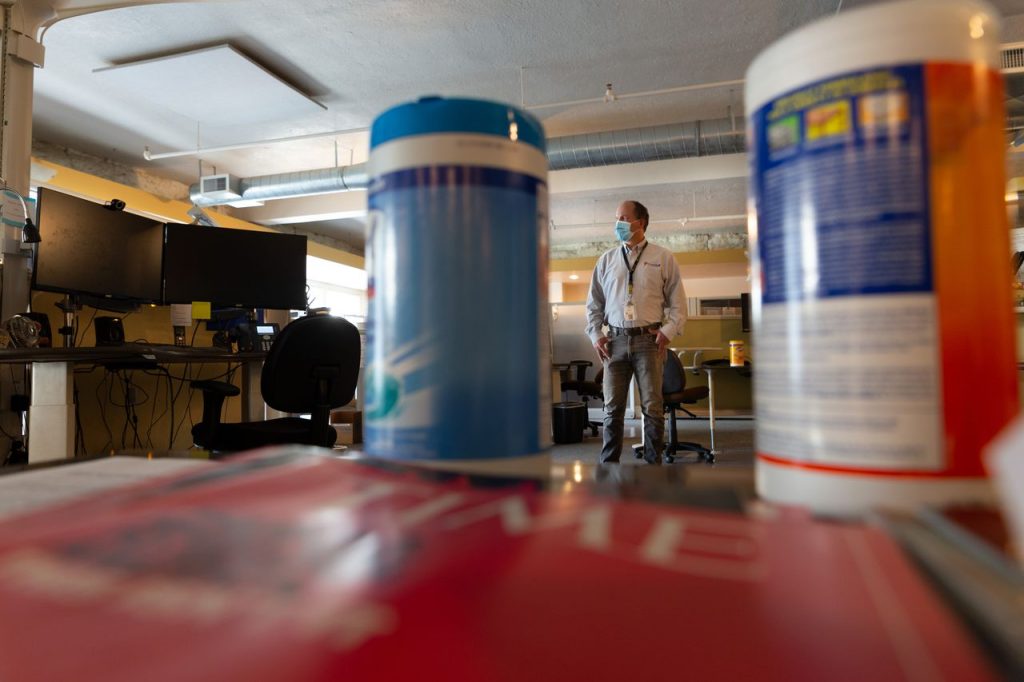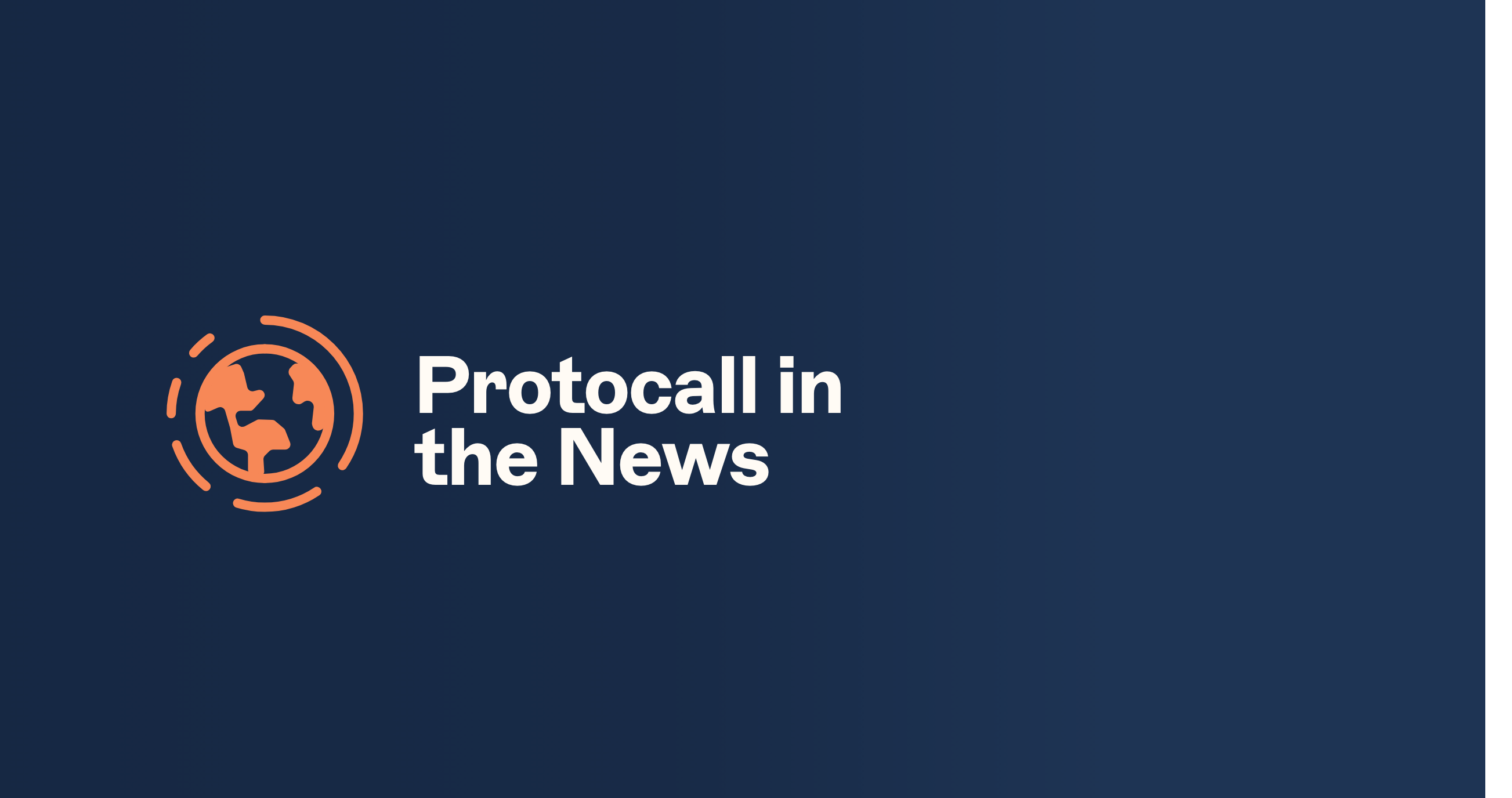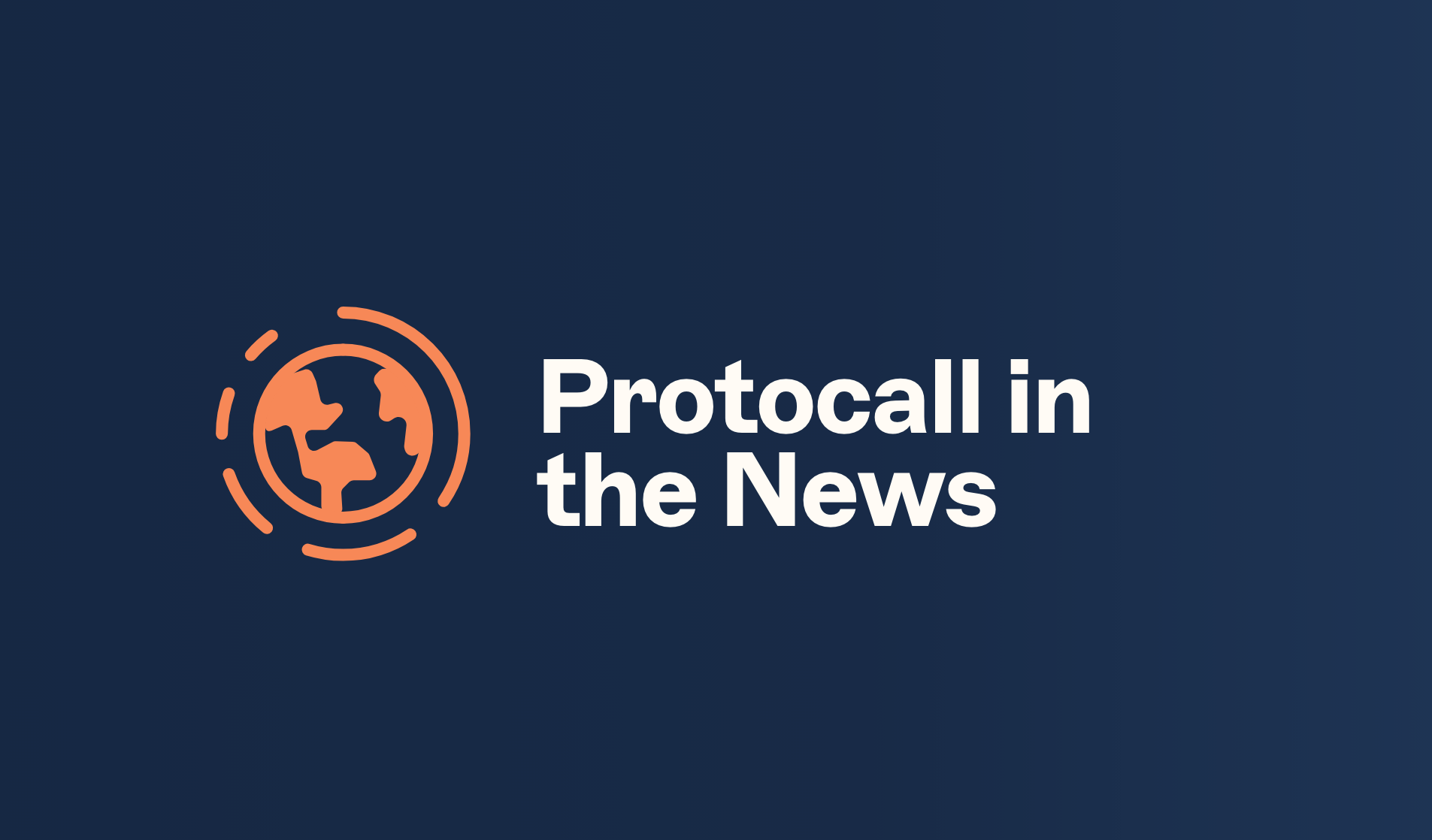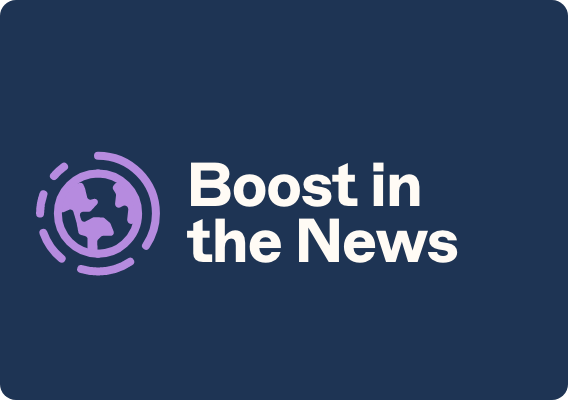When COVID-19 arrived, Protocall Services could have classified its workers as essential and they could have stayed in the office.
But to company leaders, it was more important to make sure the employees and the surrounding community stayed safe and healthy.
“We have an obligation as an employer to pay attention to the fears and anxieties and concerns of our staff,” Protocall CEO Phil Evans said. “The more people that Protocall can keep out of congregate areas, the better for our communities.”
Protocall Services, based in Portland, provides around-the-clock call monitoring and over-the-phone behavioral health services, such as crisis intervention and referring callers to counseling services, for other businesses’ clients. This year, the company is a first-time winner in The Oregonian/OregonLive’s Top Workplaces competition, now in its ninth year.
The organization was originally a division of what once was Metro Crisis Intervention Services, a nonprofit suicide crisis hotline. The division, which was created in 1992, was meant to leverage the hotline’s ability to answer calls 24 hours a day, seven days a week, and sell that service to other businesses to generate revenue.
Now, Protocall is a separate entity with four contact centers in Portland; Grandville, Michigan; Albuquerque, New Mexico; and Tempe, Arizona, with 250 employees and 400 customers. The organization’s annual revenue was $17 million last year.
At the time Protocall was established, organizations that were required to have somebody always available to answer calls had their regular daytime staff stay on call at night, Evans said. This system exhausted employees and made it more difficult for them to effectively handle calls.
“The kind of service that we were envisioning at the time just didn’t exist anywhere,” Evans said. “We saw a real opportunity to bring the dedicated professionalized role of immediate crisis response to these other types of behavioral health organizations.”

Evans said it’s important that this service is provided, and monitored 24/7, because any one of the calls they receive can range from someone searching for counseling services to someone standing on a bridge. Either way, the people who answer the calls, and support staff such as the tech team or supervisors, can have a big impact on whoever is calling.
“We have the opportunity to make that part of the process really smooth and friendly and accessible,” Evans said. “Our call taker has been able to be one of those early voices in that person’s journey towards a more fulfilling life.”
Because the calls carry so much weight, it’s important to take care of the people answering the phones.
“Protocall is trying to do some of the toughest work there is to do,” Evans said. “We have to be better than your typical workplace because we are asking people to do work that is harder than a lot of other work.”
Various policies and programs help make sure employees are supported and recognized.
Employees can earn up to eight hours of paid time off through a health and wellness program where they set health goals for the year and complete and log tasks to achieve the goals.
Employees can also receive benefits such as free food and prizes for working during mission critical days, which is what Protocall employees call holidays.
Protocall continued to offer programs and assistance when all employees started working remotely on March 21. Assistance included support from IT staff, who made sure employees were able to set up all of their equipment at home and keep it running, and company-made videos which included instructions on how to create a home office space and tips for working from home. The company also hosted a virtual talent show to help keep people connected.
Senior clinical specialist Nina Gilliland, 64, has been an employee at Protocall for almost eight years since starting as a call taker.
“I feel like we are so valued,” Gilliland said. “Even before I was an SCS, I always felt understood by and valued by and supported by all of the people above me.”
Gilliland believes this is partly because many of the people in leadership roles started as call takers.
The company offers many opportunities to grow, specifically for call takers looking to work in senior or supervisor positions, Evans said. This is important because it not only provides opportunities to move up, but it also means those who are making the big-picture decisions understand what is going on at the lower levels.
“Having folks who have mastered other roles in the organization step up to want to master other roles in the organization, that’s huge,” Evans said. “The more of that we can do, the stronger we are as an organization.”
Because the work the call takers do is fulfilling but stressful, it creates a supportive work environment. Gilliland said one way this shows up is when people send each other notes on specific calls they take.
“Once the call is over, I always try to say, ‘Great work on that call,’ or, ‘Thanks so much for your hard work on that,’ ” Gilliland said.
Evans said that during exit interviews, employees consistently talk about how much they enjoyed working with their coworkers.
“You almost always find people talking about their love of their colleagues,” Evans said. “The thing that they value most at Protocall are their colleagues.”
This article originally appeared on Oregon Live.


